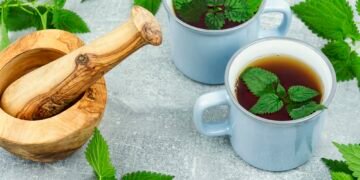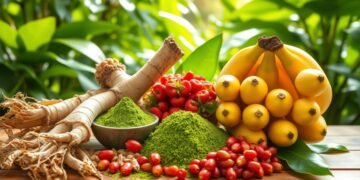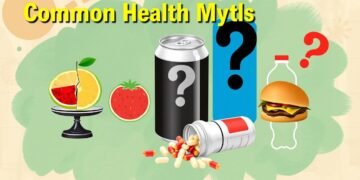The resurgence of interest in natural herbal remedies reverberates through the corridors of traditional medical practices, captivating the attention of practitioners worldwide. Across numerous cultures – from the holistic principles of Indian Ayurvedic medicine to the intricate insights of Chinese herbal traditions and the evolving Western herbal medicine – centuries of experimentation have unearthed a treasure trove of herbal marvels. These wonders not only address various human and animal illnesses but also wield properties that augment mental acuity, physical appearance, and overall performance.
Harnessing the Power of Nature
The potency of natural remedies lies in the vast repository of botanical entities, sometimes complemented by animal by-products, which serve as stalwart guardians against afflictions. These remedies span a spectrum, ranging from humble herbal teas to sophisticated compounds administered in hospitals and clinics. Encased in capsules, pills, ointments, and gels, these formulations weave nature’s bounty into modern healthcare.
Everyday Heroes in Your Kitchen
A myriad of commonplace herbs serves as culinary delights while also doubling as health allies. Consider the garlic, revered not only for its culinary prowess but also for its natural antibiotic properties and cholesterol-reducing abilities. Cinnamon, another kitchen staple, extends beyond flavor, actively lowering blood sugar, cholesterol, and triglyceride levels. Ginger, heralded for preventing motion sickness, also mitigates the risk of blood clots, demonstrating the multifaceted nature of these natural treasures. Chamomile tea emerges as a calming elixir, appeasing nerves and alleviating digestive woes, while peppermint emerges as a stalwart for gastrointestinal distress.
The Intersection of Tradition and Innovation
Traditional medicine, indispensable for acute diagnosis, emergencies, trauma, and surgical interventions, often falls short in the realm of preventive care. The exorbitant costs and the time-intensive process of obtaining prescriptions impel many towards the realm of natural remedies. While conventional medicine showcases remarkable efficacy, its burgeoning list of side effects prompts individuals to explore alternatives.
The Myth of “Natural Equals Safe”
However, the notion that “natural” equates to inherent safety requires scrutiny. Just as conventional medications carry potential side effects, natural remedies may also exhibit unwelcome repercussions. Yet, an increasing populace has embraced herbals, vitamins, minerals, and amino acids, lauding their favorable outcomes without adverse effects.
Natural Remedies: A Panacea for Diverse Ailments
The expansive repertoire of natural herbal products caters not just to diseases but also addresses an array of conditions. From alleviating Angina and managing Arthritis to nurturing skin health, thyroid treatment, and combatting urinary tract infections, these remedies stand as versatile solutions. Furthermore, a wave of innovative concoctions extends beyond disease management, offering aid in smoking cessation, hair removal, wrinkle elimination, and a myriad of other conditions.
Embracing the Future of Wellness
Today, the market boasts an array of natural herbal products meticulously formulated under pharmaceutical-grade conditions. These stringent protocols ensure the utmost potency and consistency, bolstering their credibility and efficacy. The accessibility of these remedies spans across demographics, catering to adults, children, and even our beloved pets, revolutionizing the landscape of healthcare and wellness.
Conclusion
In conclusion, amidst the ever-evolving dynamics of healthcare, the revival of natural herbal remedies signifies a bridge between ancient wisdom and modern innovation. As more individuals seek alternatives and holistic approaches to wellness, the synergy between traditional medicine and natural remedies promises a more comprehensive, patient-centric future.


























































Discussion about this post